Understanding the Function of an Immigration Medical Exam.
The immigration medical exam is your ticket to making sure you’re at par with America’s rigorous public health measures. It’s an absolute must-do for anyone who wants to permanently settle in the US. So, you’re not just doing what you have to do, you’re supporting the greater good while adhering to the laws for your new life in the United States.
Preparing for Your Appointment
It’s important to be ready for your appointment in order to keep things running smoothly. To begin with, get your exam date, time, and location. Check off everything you need to take with you, such as your passport, proof of immunizations, and a list of medications you’re on. Remember, some preplanning will really help you ease your anxiety the day of your test. If possible, phone the office beforehand to dispel any ambiguities and make sure you’ve got all of the documents and data you need.
The Comprehensive I-693 Form Details
The I-693 is your official record of the immigration medical examination, and it’s important to get it exactly right. It’s imperative that you write this document clearly and complete every single piece of it in order to stop your immigration from getting delayed. After being examined, a civil surgeon who is licensed by USCIS must date and sign the form. That person who’s applying (you) has to sign and date it, too. Whether the doctor is a referral, they also require their signature. Keep in mind that the integrity of the form is the most important, and the form should be enclosed in a sealed envelope according to the instructions.

What Documentations to Bring To Your Test
When you’re preparing for your exam, remember to include all the supporting materials on your checklist. These include your passport, perhaps a government-issued photo ID such as a passport or driver’s license, your immunizations, and any relevant medical records. Bring letters from any doctors treating you that describe your treatment. You’ll also need a copy of the I-693 form – fill out your portion before the test, but don’t sign it just yet. Once you have all of these resources in hand and organized, your exam will go smoothly.

Medical Requirements and Examinations
Vaccination Strategies: Staying in-step with U.S. Health Laws
If you want to stay up to speed with U.S. health standards, that means you must comply with CDC’s vaccine guidelines. They include vaccines against measles, mumps, rubella, polio and hepatitis B, to name a few. Make sure to bring your immunization records with you to the medical exam in order to ensure that you meet these guidelines. If you haven’t had any shots, that’s okay – you can usually order them on your trip. Remember, the recommended vaccines may change over time, so check current advice before your appointment.
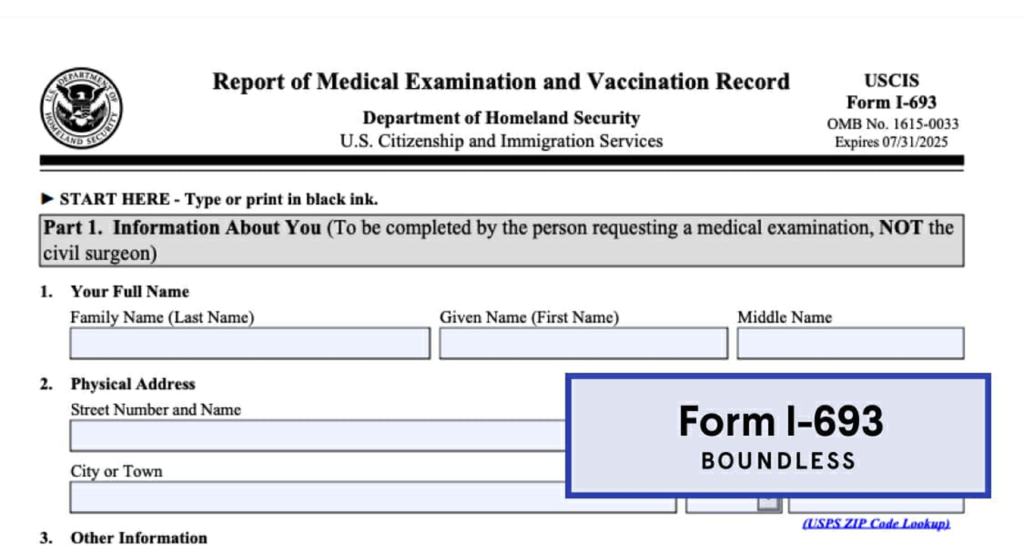
Tests and Screenings: Beyond the Basics
Your exam will not merely cover your immunizations. It involves testing and screening to evaluate your overall health. These typically include a physical exam, chest X-rays and blood tests, often for tuberculosis and syphilis. Children and some adults may not need some of these tests. What’s important to remember is that these tests are standard, required parts of the test, and they’re meant to identify diseases of public health importance.

Particular Things To Keep In Mind While Getting A Medical Exam.
Waivers and Special Circumstances
You may find yourself without access to some vaccines due to medical reasons or because they are not available in your country. In those instances, waivers enter the picture. If vaccines are not safe or not available, blanket waivers can protect you. Keep in mind you’ll be examined by a U.S. physician, and vaccines are readily available here so blanket waivers are rare. For individual religious or moral waivers, however, it’s a little trickier. They require you to refuse all the vaccines, submit a form, and pay a fee, and there is no assurance that they will approve, illustrating why you need to decide if a waiver is for you.
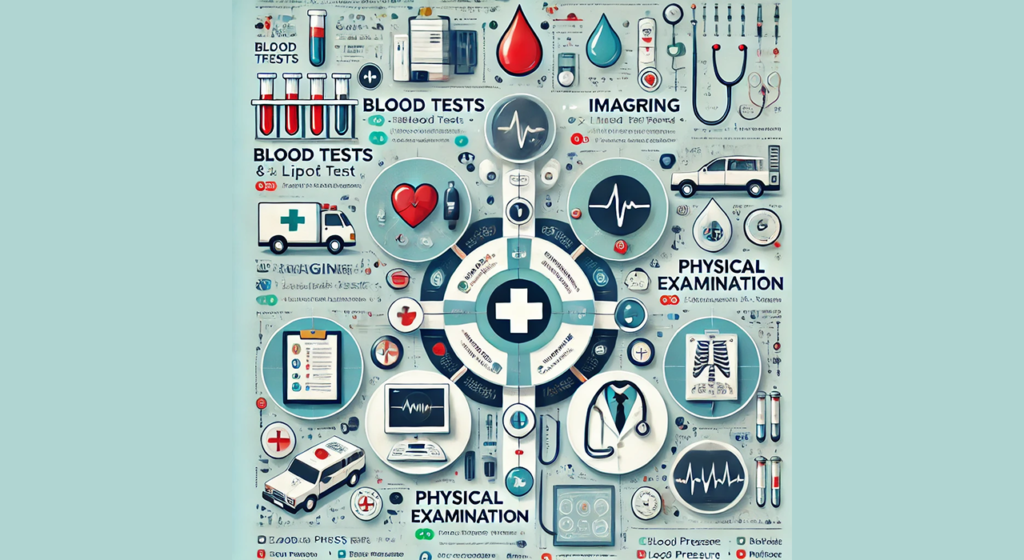
Immunization and Health Condition Implications
It’s important to understand what that means based on your vaccination history and conditions. If you’re not up to date on a vaccine, you’ll have to receive it during your physical. With chronic diseases, stable control and treatment adherence will be critical. The civil surgeon will examine you and tell you if your condition could be harmful to the public or require intensive medical treatment or institutionalisation. Hence, keep your health on track and any chronic illnesses under control before the exam to avoid stress during your immigration process.
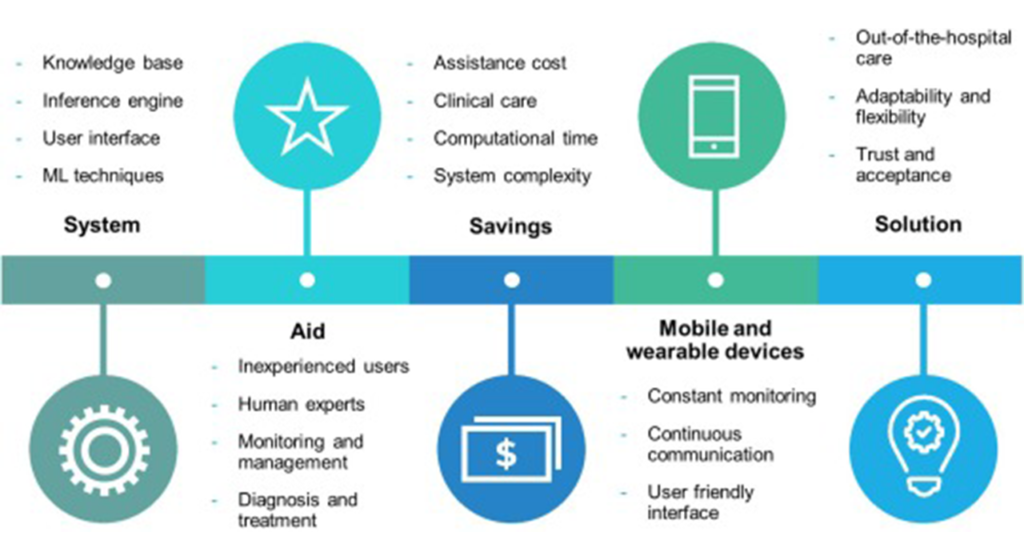
After the Medical Exam
Report Your Results to USCIS.
When you’ve crossed the t’s and dotted the i’s on your medical exam, it’s time to send your report to USCIS smoothly. Recall that once you pass the exam, you need to keep your completed I-693 form sealed in a sealed envelope – there is no removing the seal or slamming the envelope open. If you’re requesting adjustment of status, attach the sealed envelope to your Form I-485. Once filed, bring it to your green card interview with USCIS or submit it as directed in an RFE (Request for Evidence) letter if received. Make it a personal policy to obey submission deadlines to the letter and reduce any possibility of unforeseen delays or resubmission.
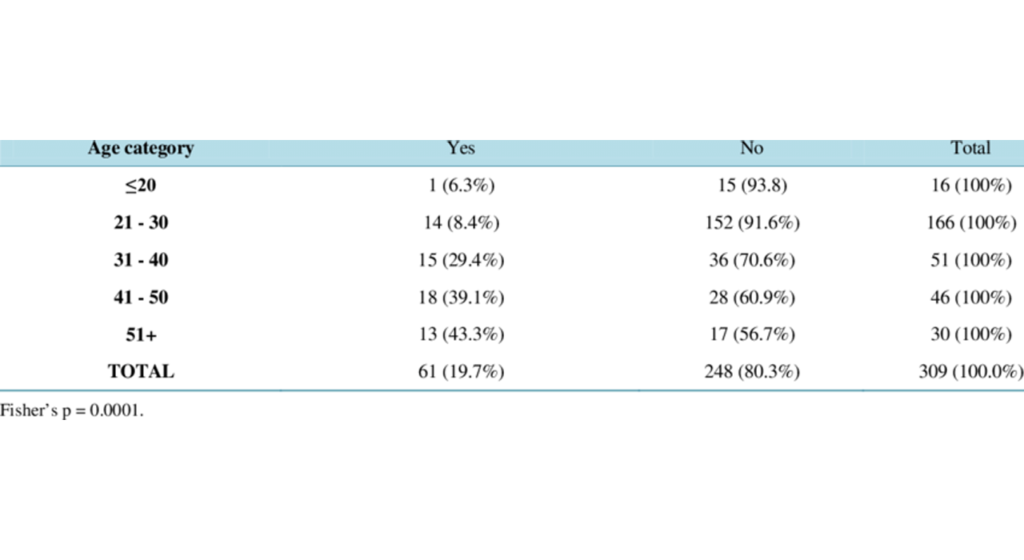
Handling Possible Health Delays or Denials.
If you’re stuck on health delays or denials, don’t despair – there’s always another path. Some delays may occur if more information is needed or if you have a condition that needs a treatment. If you are denied on medical grounds, you may be granted a waiver. For this, you’ll have to file Form I-601, Application for Waiver of Grounds of Inadmisibility, outlining why you believe you are a candidate for a waiver. All it takes is having open communication with your civil surgeon and the USCIS. if you’re smart and adaptive you can easily handle and sometimes surpass these challenges.

How to Select a Good Doctor For An Immigration Medical Exam?
Finding A Designated Doctor
Choosing a doctor to perform your immigration exam is easier than you might think. All you have to do is go to the USCIS website and click the “Find a Doctor” button. You can look up a USCIS-certified civil surgeon in your city, state, or ZIP code by entering your address. Think about the language and gender of the doctor, if it’s something you care about (you might have civil surgeons that speak several languages and male and female doctors to choose from). It is best to reserve early because spots do get filled fast, especially in busy areas.
Doctors’ Responsibilities and Requirements
Designer doctors bear the primary responsibility for ensuring that immigration seekers comply with US government-mandated medical standards. They have to conduct a complete medical examination, which includes checking your medical history, physical examination, and infectious diseases such as tuberculosis, syphilis, and gonorrhoea. They are responsible for adhering to the current CDC technical procedures to the letter and getting your I-693 form filled out and sealed properly. And when it comes to choosing a civil surgeon, you can feel safe knowing that these surgeons have been reviewed and approved by USCIS, ensuring they have the knowledge and credentials to get you right through this important step of the process.
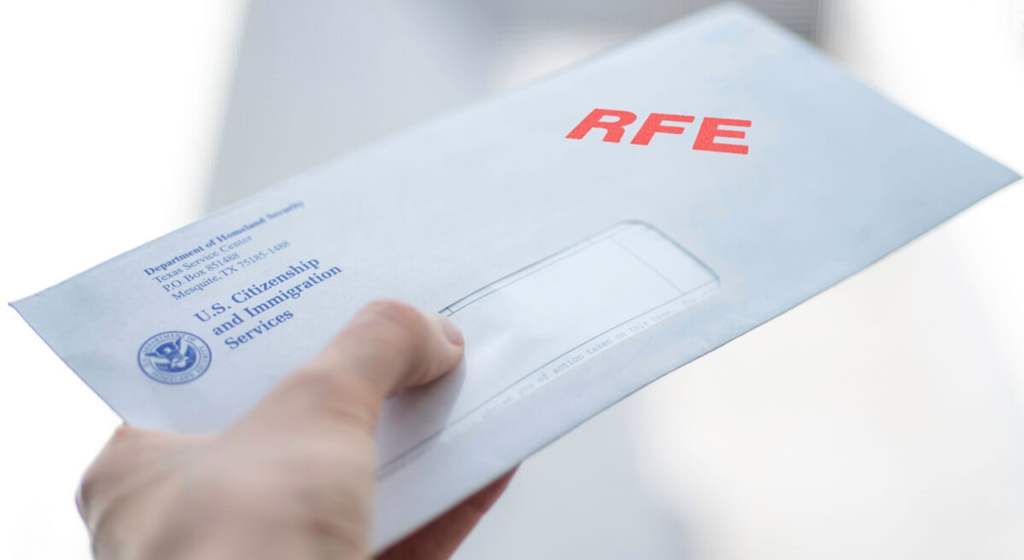
How Much Does the Immigration Medical Exam Cost and Travel?
What Will the Medical Examination Cost?
If you’re planning an immigration trip, keep in mind that the medical exam isn’t universally cheap. The cost will range from $100 to more than $400, depending on where you live and which doctor you choose. Remember, insurance won’t help you save on this because there’s no state money to cover the exam. You should phone around to get a price quote before making a reservation to make sure that nothing surprises you. Don’t overlook any additional charges like vaccinations or tests, if it is necessary during your visit.
How and When Should I Take the Test?
It’s a matter of timing and preparation when you take your immigration medical exam. If you’re applying for adjustment of status, take the exam around the same time you’re preparing to file your green card application, but please be sure to return the completed Form I-693 within 60 days of the Doctor signing it. When it comes to consular processing, wait for your green card interview appointment letter and schedule the exam. You can search for a civil surgeon or panellists via the USCIS “Find a Doctor” feature, or contact a US embassy or consulate abroad. Call ahead and make an appointment, tell them it’s for immigration. Remember, the findings last six months but may vary depending on the presence of certain illnesses.

